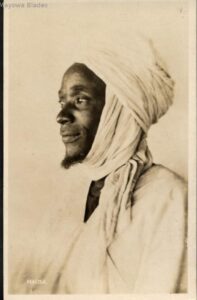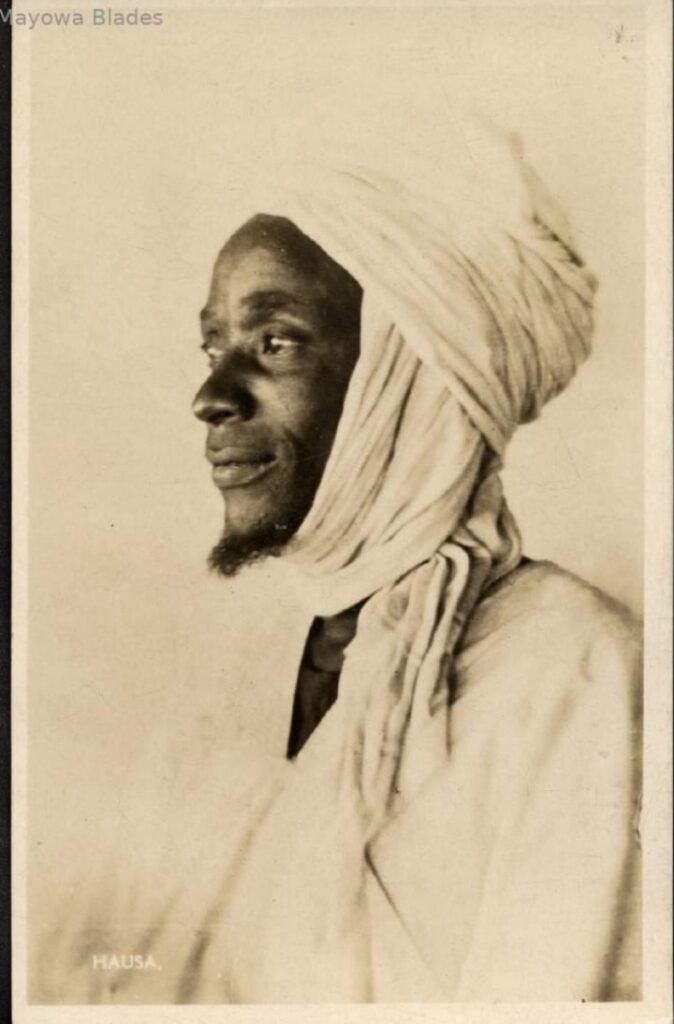

By Farooq A. Kperogi.

Bahaushe (Hausa person): singular
Plural: Hausawa
Facts:
A.Hausa has a rich written tradition that goes back to hundreds of years. For instance, Kano Chronicle, a palace-centered monthly publication, was first published in Hausa (and in Arabic) in 1503 and continued for many years before it stopped publishing. It predated Iwe Irohin fun awon Egba ati Yoruba (“newspaper for Egba and Yoruba people”), which was first published in 1859 by the Reverend Henry Townsend.
B. Hausa is also perhaps the only Nigerian language that has grammatical gender for noun distinction. Every Hausa noun is either masculine or feminine.
C.Hausa Words in Everyday Nigerian English
1. “Jaara.” Most speakers of Nigerian English recognize this word as an additional, often small, quantity that a merchant gives to a customer who purchases goods in the market as a show of appreciation for the customer’s business. It is derived from the Hausa “gyara.”
2. “Megad.” This Nigerian English word for what native English speakers call a door guard, a gatekeeper, a uniformed doorman, or a hall porter came to us from a distortion of the Hausa “maigadi,” itself a blend of the Hausa “mai” and the English “guard.”
3. “Buka.” This word now means a cheap, casual, ramshackle eatery that sells already prepared food. It came from the Hausa word “bukka,” which means a temporary, tumble-down hut or tent.
4. “Fadama.” This Hausa word for a fertile wetland is now a widely used terminology in agriculture in Nigeria and beyond.
5. To “see gobe” in southern Nigeria is to be in trouble, sometimes good trouble. It’s the title of Davido’s 2013 hit song. It may have been derived from the Hausa “sai gobe,” which literally translates as “until tomorrow.” I am also curious to know how the semantic transition occurred from “until tomorrow” to “being in trouble.”
Text culled from: Farooq A. Kperogi.
Courtesy: Danjuma Mahmud.



